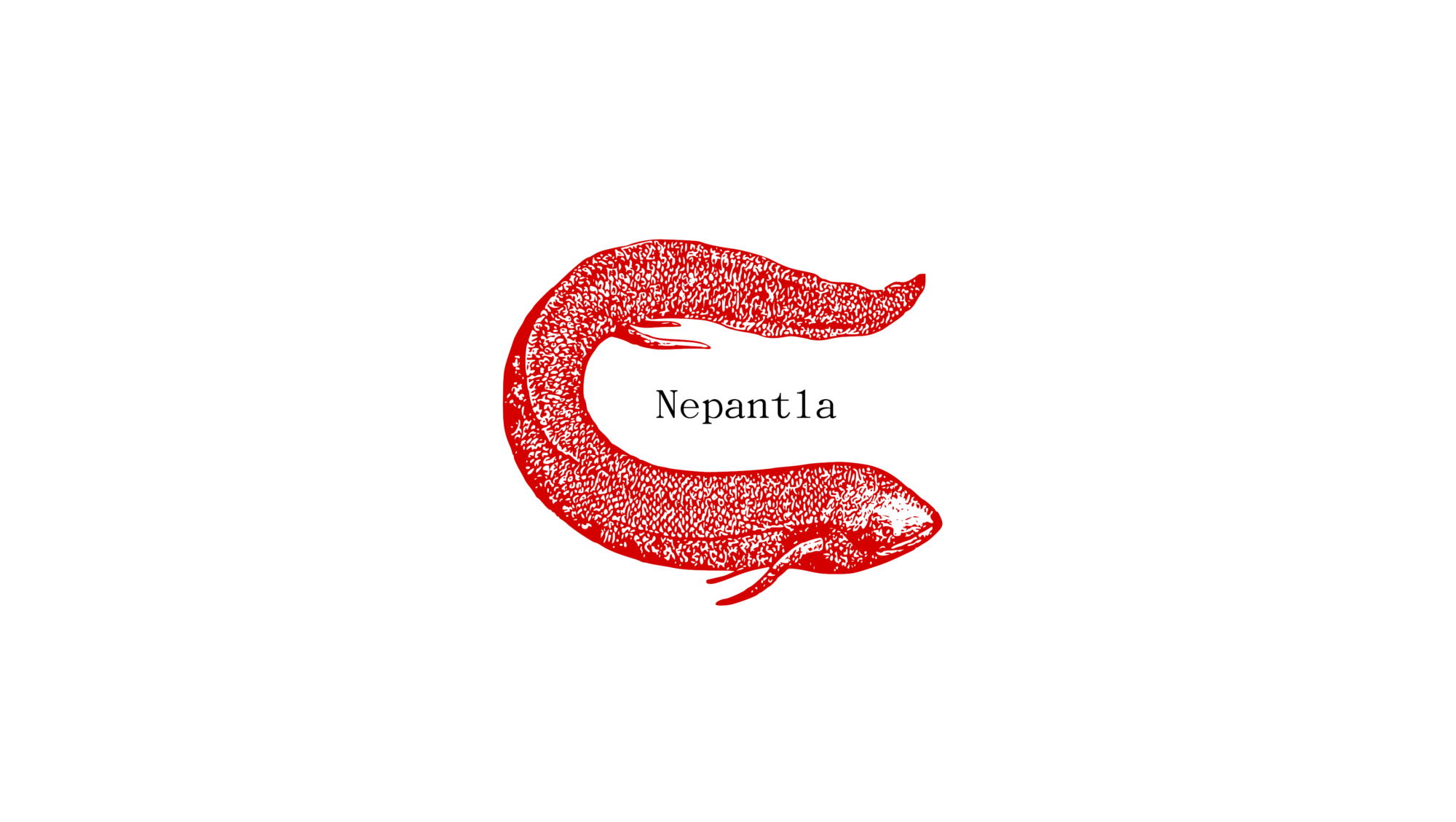What I meant. A story based on abstract expressionism.
Any beginning gets an empty canvas.
Thought empty, it’s still an intention of expression, so to say. At first sight one would say the “ethereal” artistic experience of an abstract painting dragged through the café entourage of Montmartre should suffice: where the “bearers of pineal glands” talk endlessly of culture, politics and sneakers. This might well be the case in a post-truth (non-binary) society. It can be anything, anyhow. Anyways, I try not to be that way.
The above is meant as a critique both to a gratuitous artistic spectacle as well as of the superficial spectator (art is lately mere sports, but this is for some other time).
I was talking about the (mis)fortuitous canvas. Just wait and see what I am going to do to it when I get my hands on it. Or better yet what I am going to tell it. Because yes, it’s more than some paste on a rag, or a pixel on a screen, reasonably assembled for the ocular feast. It’s a dialogue. A dialogue with myself, with you, with “factories and plants” (the author alludes here to the post-communist decay of a gloriously praised communist industry, so typical for the Balkan sceneries).
A painting with no voice, with no communication (yes I know it’s vague) is a mere object. It’s just wallpaper. It’s a design piece that never goes beyond itself, and this is the biggest danger of the niche.
And now, lacking any formal training in art, I wish to refer to my own process.
First of all, sketches by the dozen. Not necessarily on a specific topic, but more or less compositional. A sort of initial humming of any tune at any given time. This can be for me a mere form of stress relief, but also a conscious effort to create.
In time, these transform themselves in reflexes, gestures (or even nervous ticks) that become a sort of second nature. It’s something of a personal alphabet in which I transcribe the experiences I cannot verbally express. This is the most pleasant part of my process.
The concept I sketched above needs something palpable. A piece of meat. Some muscle. Something that can catch the light. The color forms the body that tells my story. The solid forms, the gradients and fresh knife touches help me to incrust decisions (yes / no) with each gesture. These decisions are my merit. They distinguish me from the old paradigm of abstract painting being nothing more than random acts of paint splashing.
Paradoxically, the unprecedented artistic freedom leads me to this form of expression. Through a conscious effort I make art out of wallpapers.
It is generally accepted that the artist bears no responsibility, or that they need not excuse themselves for their work. Yes, excuses are not required, but the responsibility is enormous, related to one’s system of meanings. Monet or Goya. To paint Mohammed: an act of bravery or bad taste?
Here’s the catch, the subtilty, the art stripped of its raw rebellion. Personally I stick to seeing my painting as guitar solos with no voice covering it up, that through assumed compositional rules and personal innovation arouse more the soul than the mind.



















